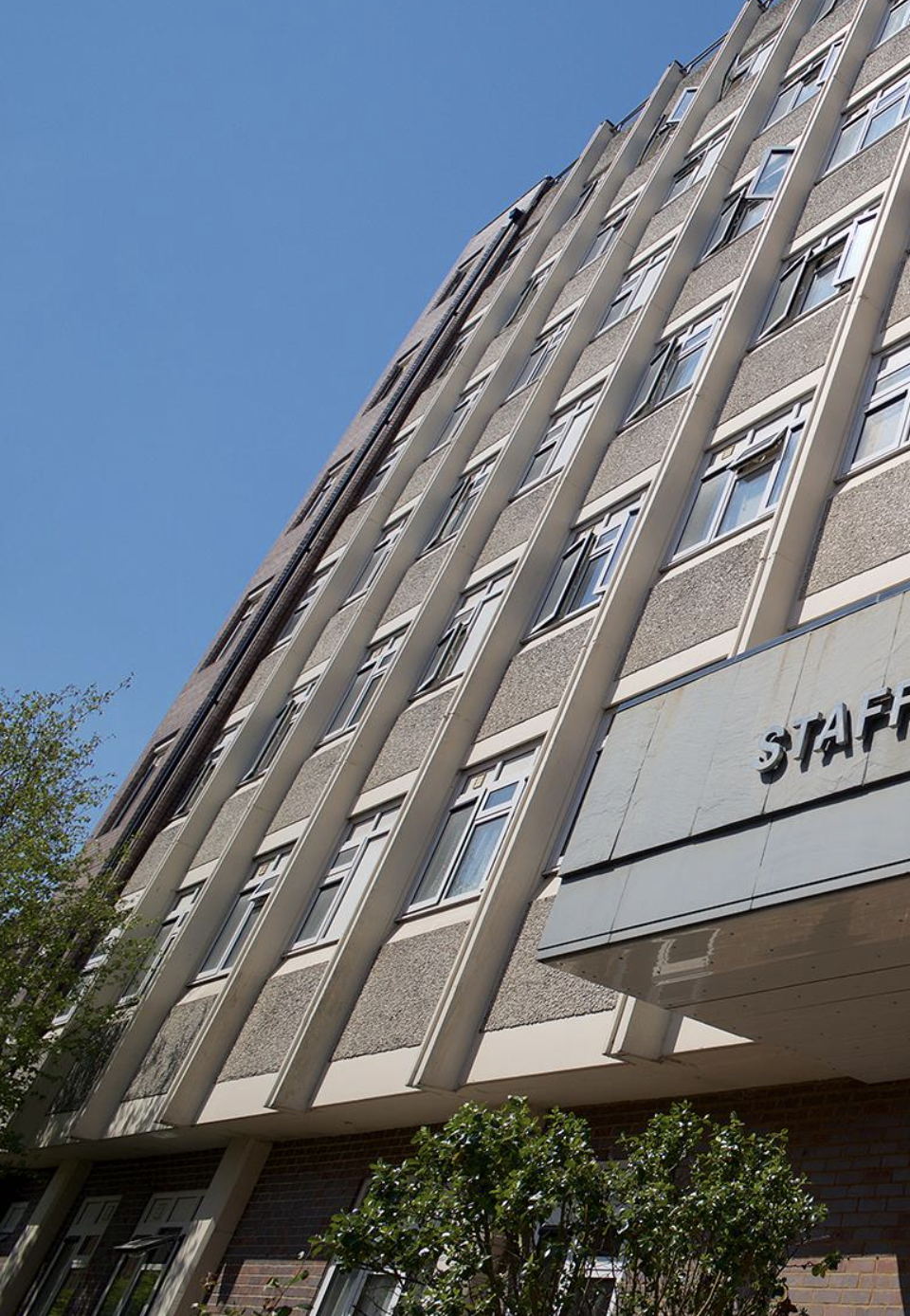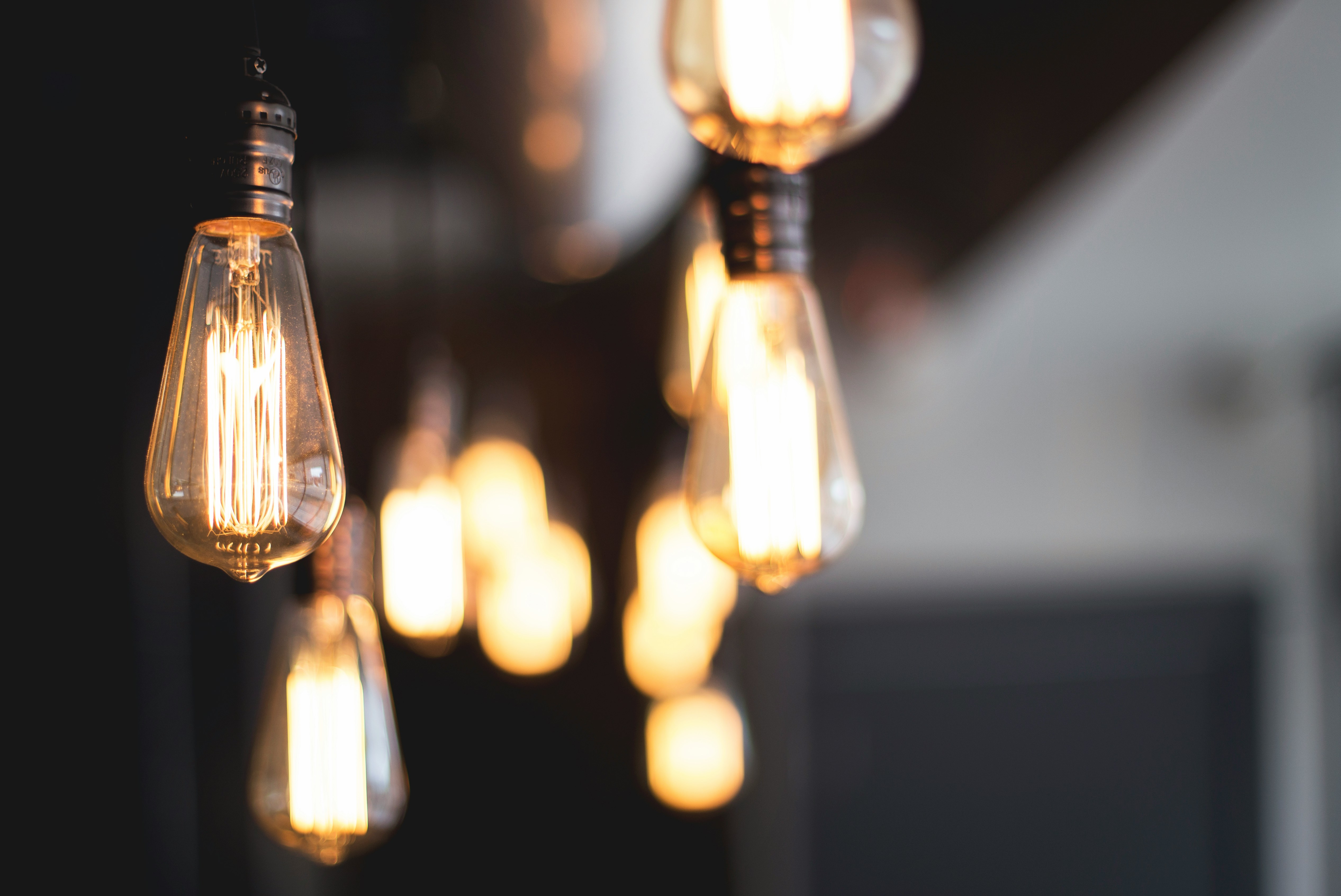Water safety tips
In the bathroom, you can take extra precautions to avoid burns, scalds and hazards by following these tips:
- when you’re running a bath, always run the cold water first before turning on the hot tap
- before getting into a bath, check the temperature with a bath thermometer or your elbow
- always turn the cold water tap off last
- never leave young children alone in the bath
- put a non-slip mat in your bath and shower
- have your TMV (thermostatic mixing valve) which regulates your water’s temperature regularly checked by a plumber – we will replace or repair broken TMVs
Water hygiene and legionnaires’ disease
Legionnaires’ disease is a potentially fatal lung disease caused by inhaling droplets of water with legionella bacteria – but can be easily prevented if you know what to do.
Read our helpful advice on what it is, where it comes from, who’s at risk and how you can prevent it, plus what you should do if you spot early symptoms.
Legionnaires’ disease is a potentially fatal form of pneumonia, which can affect anybody. It is caused by inhaling small droplets of water containing legionella bacteria.
Not everyone exposed to legionella bacteria becomes unwell, and it’s not contagious.
Both hot and cold water systems in residential properties are potential sources of legionella bacteria. If there’s any sludge, rust or scale present, the bacteria will feed, multiply and grow.
Legionella becomes dangerous when the bacteria have multiplied then are spread around, for instance from the spray from a shower head.
Legionnaires’ disease most commonly affects the elderly or people with chest or lung problems.
Not everyone exposed to legionella bacteria becomes ill, and legionnaires’ disease is not contagious.
The symptoms of legionnaires’ disease include:
- high temperature
- fever or chills
- headache
- tiredness
- muscle pain
- dry cough
There are lots of steps you can take to prevent the growth of legionella bacteria in your water system.
Check your water system is working properly
Make sure your hot water is heating properly and ensure that there are no other problems with the system. If you’re a customer, we’ll repair your system, and if you’re a leaseholder, we’ll repair it if we’re responsible for your repairs.
Flush the system
Run and flush the water from your shower on full hot and then full cold for five minutes each, if you’ve not used it for a while, for instance, if you’ve been on holiday.
When flushing the shower, try not to make any spray. The best way to do this is to either remove the shower head and place the hose over the plug waste point, cover the shower head with a towel or catch the water in a plastic bag.
You should also flush toilets with the lid down following a period of non-use.
Do regular maintenance
Run your taps and outlets weekly at a minimum and keep your shower heads and taps clean and free from limescale, mould and algae growth. You can do this with a nylon brush and an acid-based descaling solution like Viakal or similar which is found in supermarkets and DIY shops.
Do this every three months to sterilise and kill bacteria.
Drain hose pipes
Drain hose pipes after use and keep them out of direct sunlight. When you’re filling a paddling pool, run water through the hose and flush it for a couple of minutes first.
Keep things at safe temperatures
Legionella bacteria are more likely to grow between 20ºC and 45ºC. That means one way to control growth is to make your water hotter. However this means you’re more at risk of burns and scalding, so be mindful.
We recommend you keep the hot water in your boiler system at a temperature of 60ºC or greater. If you have a combination boiler, keep it at a temperature of 50ºC.
Keep the hot water in your hot water tank (cylinder) at a temperature of 60ºC or greater.
Regular use of cold water should also ensure that temperatures stay below 20º C.
If you think you or someone in your home has contracted legionnaires’ disease contact your doctor immediately.
You should also let us know so we can investigate – please get in touch with us on 0345 678 0555 or via the form on our Contact us page.
You most likely don’t need to be concerned about legionnaires’ disease. It’s easy to prevent and you can spot potential problems with the information on this page.
No. People catch legionnaires’ disease by inhaling small droplets of water suspended in the air, which contain bacteria. The bacteria has to be in very small droplets like a spray from a shower or spray taps.
We regularly inspect, monitor and carry out tests in certain types of properties to make sure water systems are clean, which is in line with our legal obligations.
These properties include
- our independent living schemes
- extra care schemes
- leasehold schemes for the elderly where there’s a communal heating and hot water system and communal facilities like a kitchen, guest room and bathroom.
We monitor communal hot water systems in all types of accommodation very carefully by employing water hygiene contractors.




